On the 17 November — a Friday that may seem unremarkably like any other — Ireland will celebrate the two year anniversary of a marriage that happened to be the first of its kind.
On this date in 2015, two Irish men wed in the quaint, traditional countryside town of Tipperary. This pair became the first same sex couple in Ireland to get married, following the Marriage Equality Act, a bill that passed after a nationwide referendum which allows same-sex couples to tie the knot and live equally to their heterosexual counterparts. Two years on, the fight for equality continues, with the same question now being put to the people of Australia, who will vote by postal service on whether the law should be changed in their own country.
Although this occasion may seem insignificant to some, for the LGBT community this was a huge cultural landmark — a step in the right direction towards a fairer and more equal society for queer people in Ireland. The result of this public vote changed our little green country entirely, and proved it to be a place slowly adapting to the needs of its people.
With this realisation, it sparked a political youth movement, an energised group of young people more conscious and ready to fight for change in the country they call home. Although Ireland has come a long way for LGBT rights since the decriminalisation of homosexuality in 1993, there is a still a lot to be done on the Emerald Isle, as the fight for women’s rights continues, with a national campaign to Repeal the Eighth Amendment, a law which prohibits the right to obtain a legal abortion.
We caught up with some of these people in their homes and safe spaces, and chatted about the current political climate for LGBT people in Ireland, questioning them how the country has changed, what it’s like to be a young queer Irish citizen and what still needs to be done in the fight for equality.
What was it like growing up as a member of the LGBT community in Ireland?
Roo: I’m not entirely sure I did grow up a member of an LGBT community. Growing up as a trans girl has been pretty tough at times, like it is everywhere, but relatively speaking I’ve been privileged. I’ve tended to feel like an outsider in IRL queer spaces just as much as elsewhere for a variety of reasons. The realest communities I’ve had and the things that have had most impact on my growth have been my tight groups of friends.
What can we do as young people to change Ireland for the better?
Roo: I think we can grow more self-critical and inclusive. Many problems I see in wider society pervade almost as much among Irish queer youth too. I think that working class people, minority ethnicities and women and femmes tend to be left out in the cold. Their voices and interests are underrepresented in public discourse and general narrative. I think the continuing growth in strength of radical socio-political ideas needs to be married to greater effort in terms of outreach and action. I’m optimistic. That’s the kind of future I can get behind.
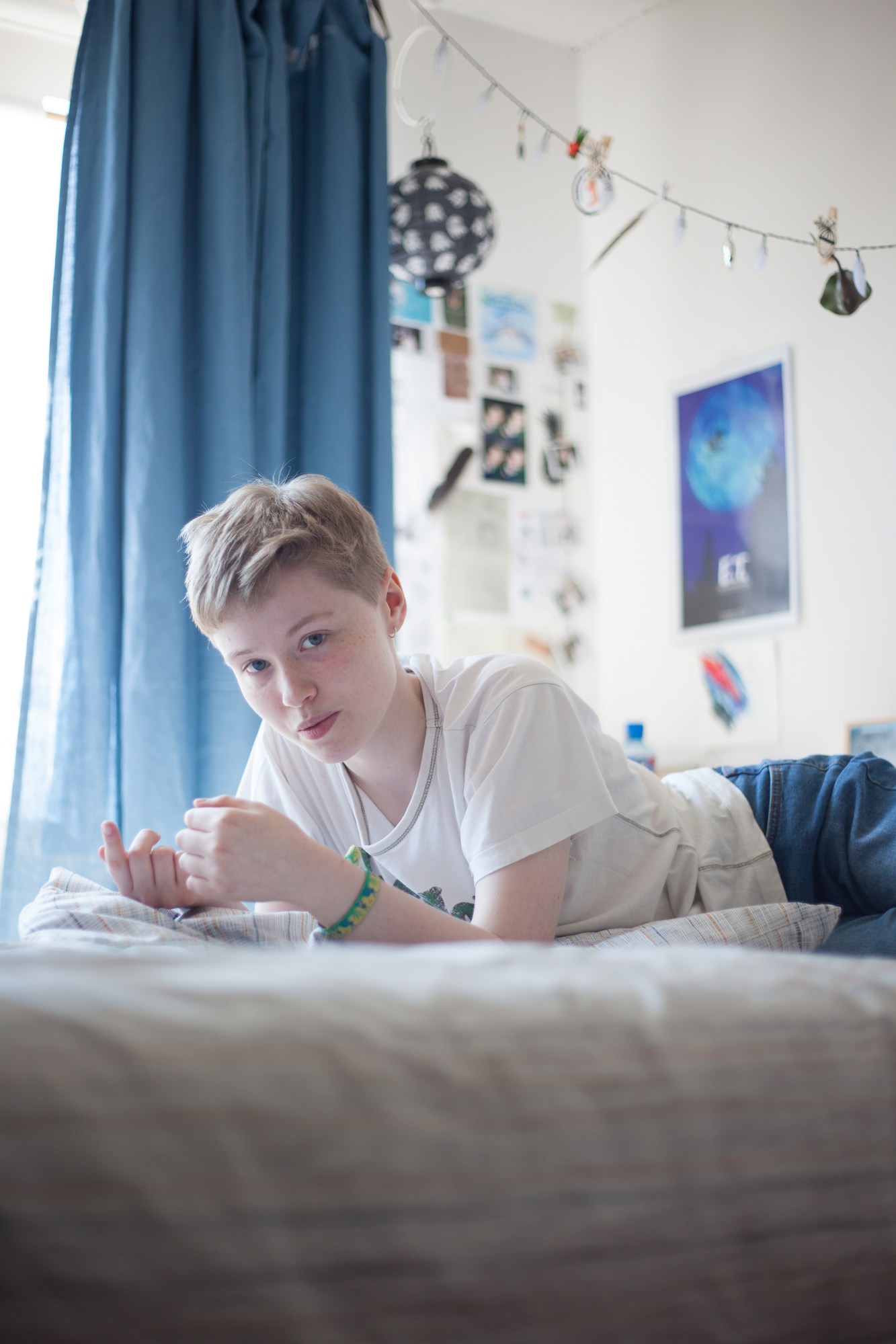
Francis, 19
Describe Ireland to someone who’s never been before?
The countryside is reliable whereas Dublin is constantly changing. The only general remark I can make is that you’ll never forget the people here.
What was it like growing up as a member of the LGBT community here?
Growing up as a member of the LGBT community in Ireland has drastically evolved. Older family members of mine used to live in secret whereas now no one cares. It’s completely normalised and the day where it becomes dull is in sight.
How was the marriage equality referendum important to you?
It was the final step to normalising queer relationships. Before people would have the excuse to think we were different from them, but now we’re equal.
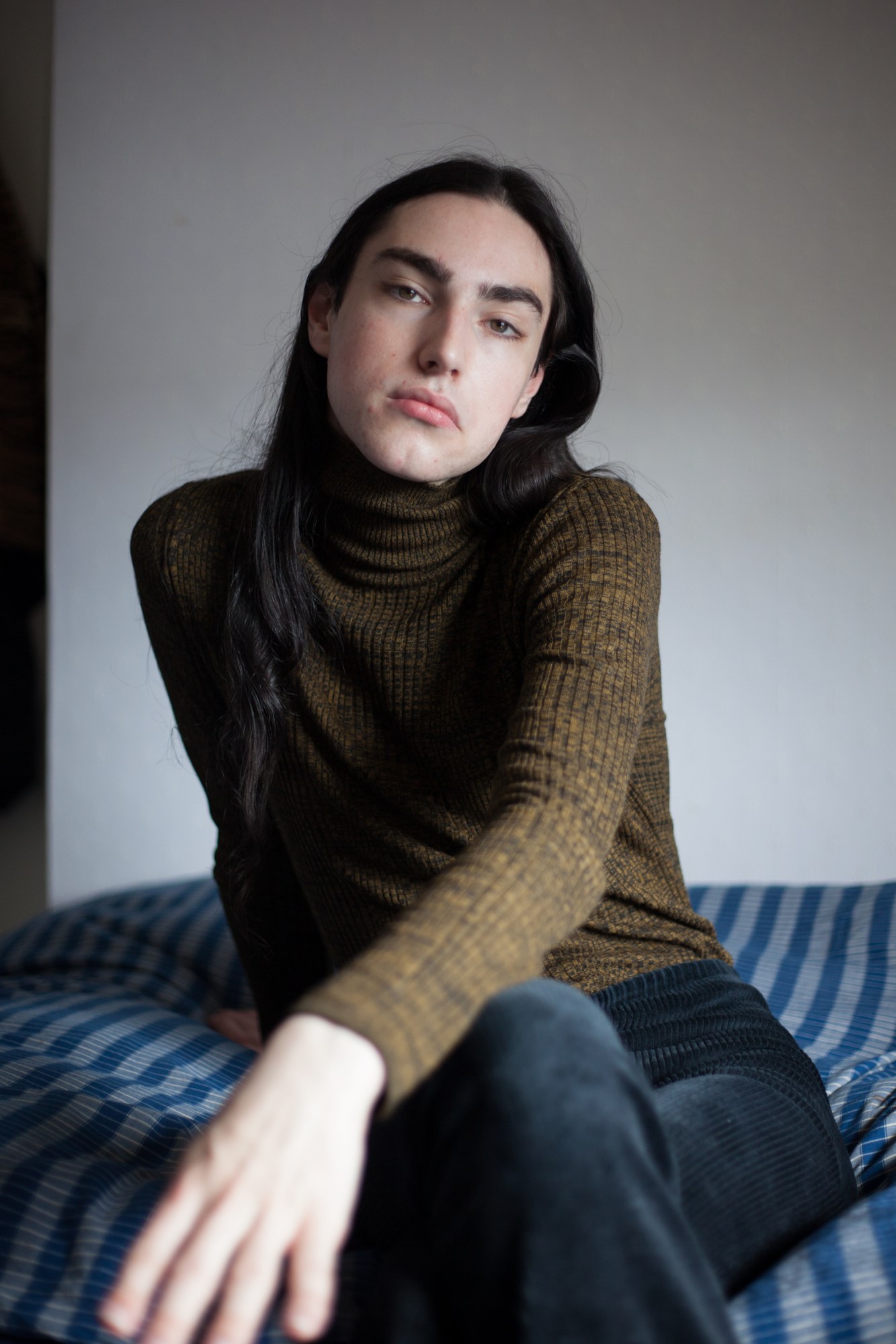
Seán Ceroni, 19
What are the biggest issues facing young LGBT people in Ireland today?
Medical services for trans people being oversubscribed adding an unnecessary challenge to an already challenging process.
How has the country changed since the passing of the marriage equality referendum?
Homosexual love seems to exist more openly than it did before, but less has changed in rural Ireland than in Dublin.
What can we do as young people to change Ireland for the better?
Campaign for abortion rights.
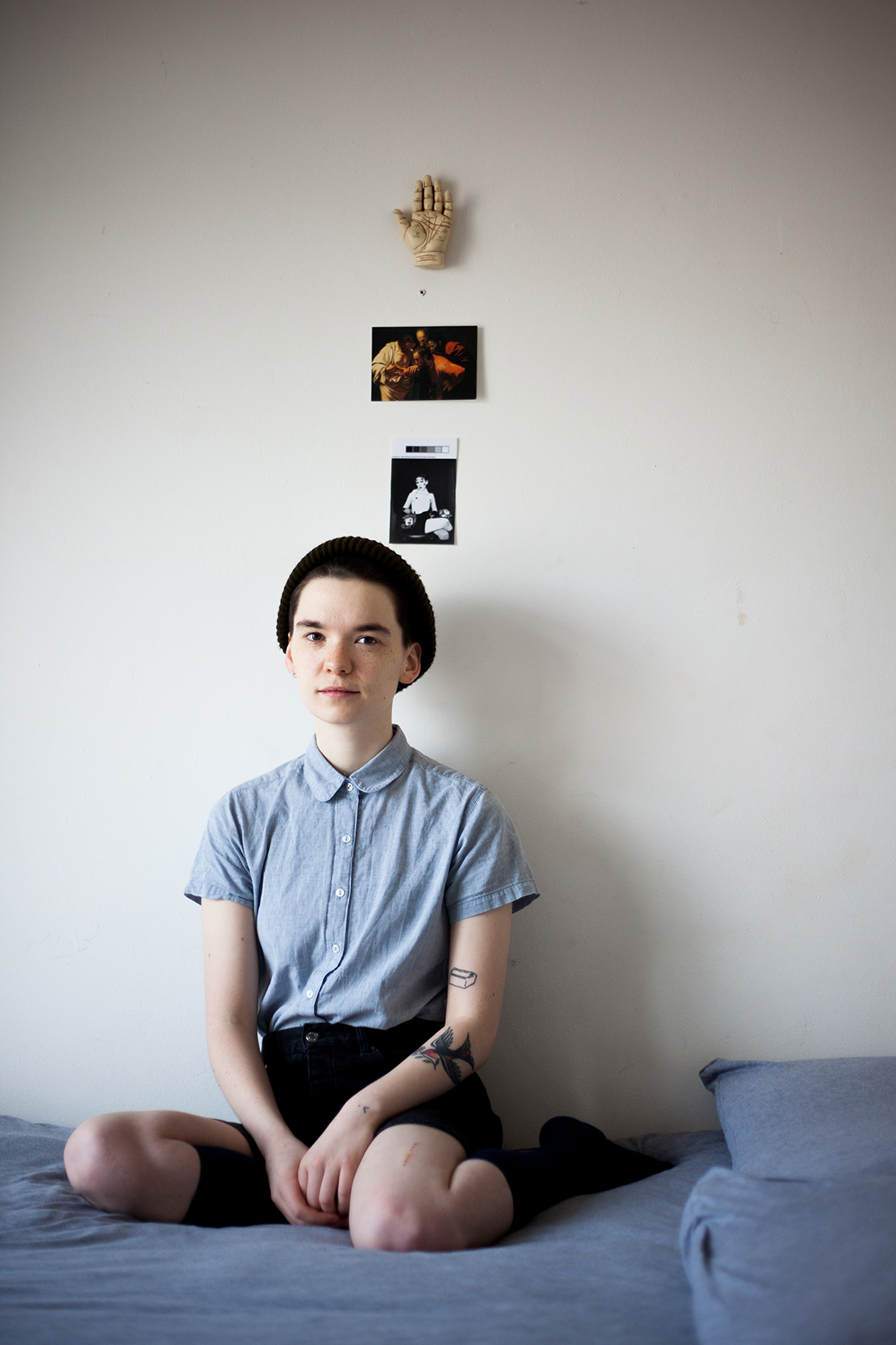
Eimear Walshe, 25
Describe Ireland to someone who’s never been before?
Your worst teen boyfriend: edgy, reckless, emotionally repressed, no moral compass, extremely beautiful and deeply misogynistic.
What are the biggest issues facing young LGBT people in Ireland today?
The lack of accessible queer spaces, the state of sex education and trans healthcare, and the threat of homelessness and street violence.
What do you see for the future of LGBT culture in Ireland?
We’ve got rubbish housing and welfare, no abortion, a horrible system for refugees. We have to insist that we’re not an equal country while we’re still leaving folks behind.

Oluwafeyitimi, 18
Are you proud to be Irish?
I wouldn’t say I’m Irish but having lived in Ireland it gives you a sense of pride just being there.
How has Ireland changed since the passing of the marriage equality referendum?
I think Ireland’s changed for the better, there’s freedom, self-expression and this urge to not conform. I love it.
What do you see for the future of LGBT culture in Ireland?
I see a bright future with loads of raves and parties and more self expression.
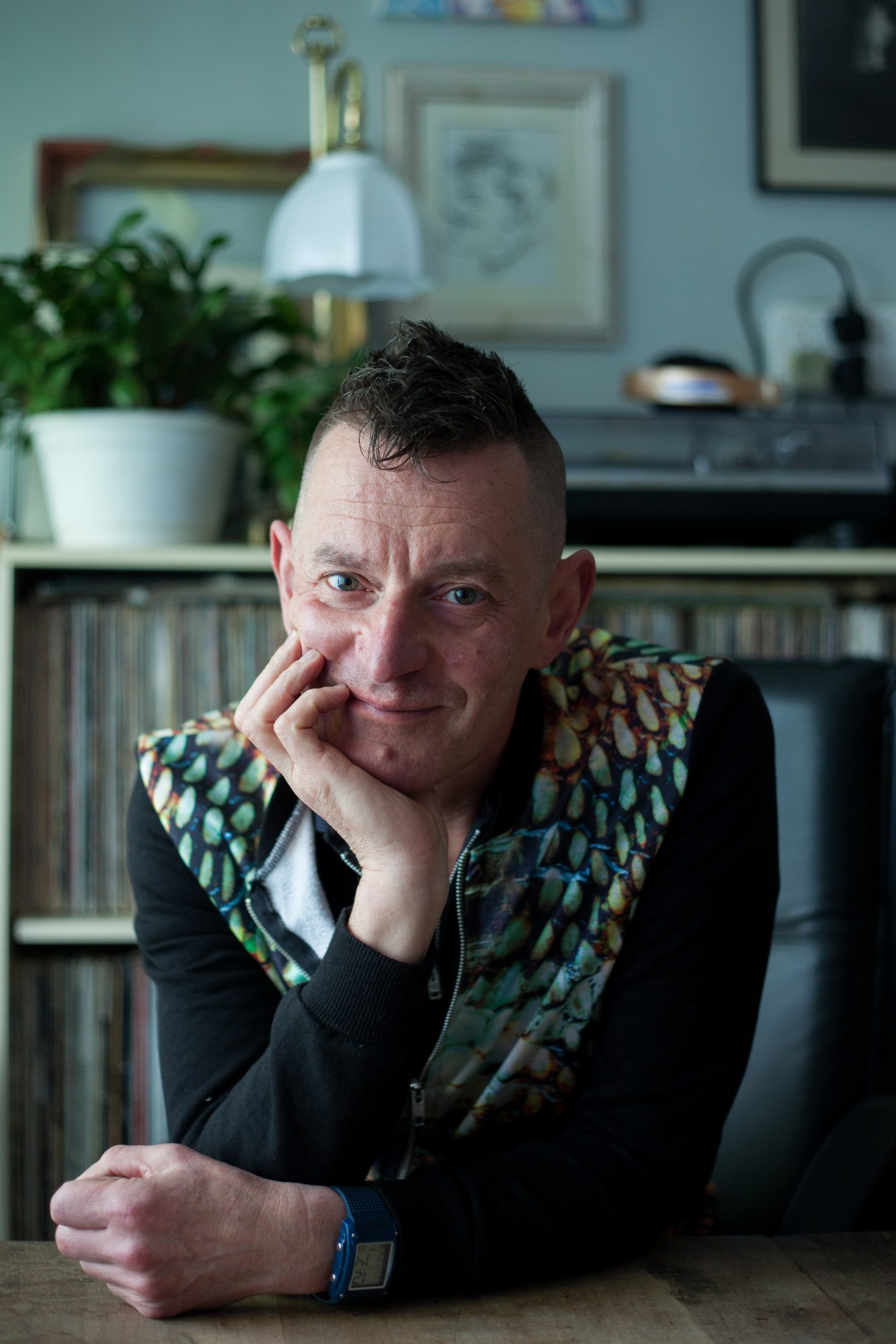
Tonie Walsh, 56
What was it like growing up as a member of the LGBT community in Ireland?
It was a struggle before decriminalisation. The country was oppressed by a cloud of criminality. Endemic poverty also contributed to the relentless homophobia of the time. But it was exciting, opening ourselves to the liberation of possibility.
How has Ireland changed since the passing of the marriage equality referendum?
On a superficial level, there are more couples holding hands and being visible on the streets. More profoundly, it feels like Irish society has finally grown up and is ready to accommodate other pressing societal issues in a more meaningful way.
What can young people do to change Ireland for the better?
Own your life. Be a player in your community. Find your voice and be a voice for those who have yet to find theirs.
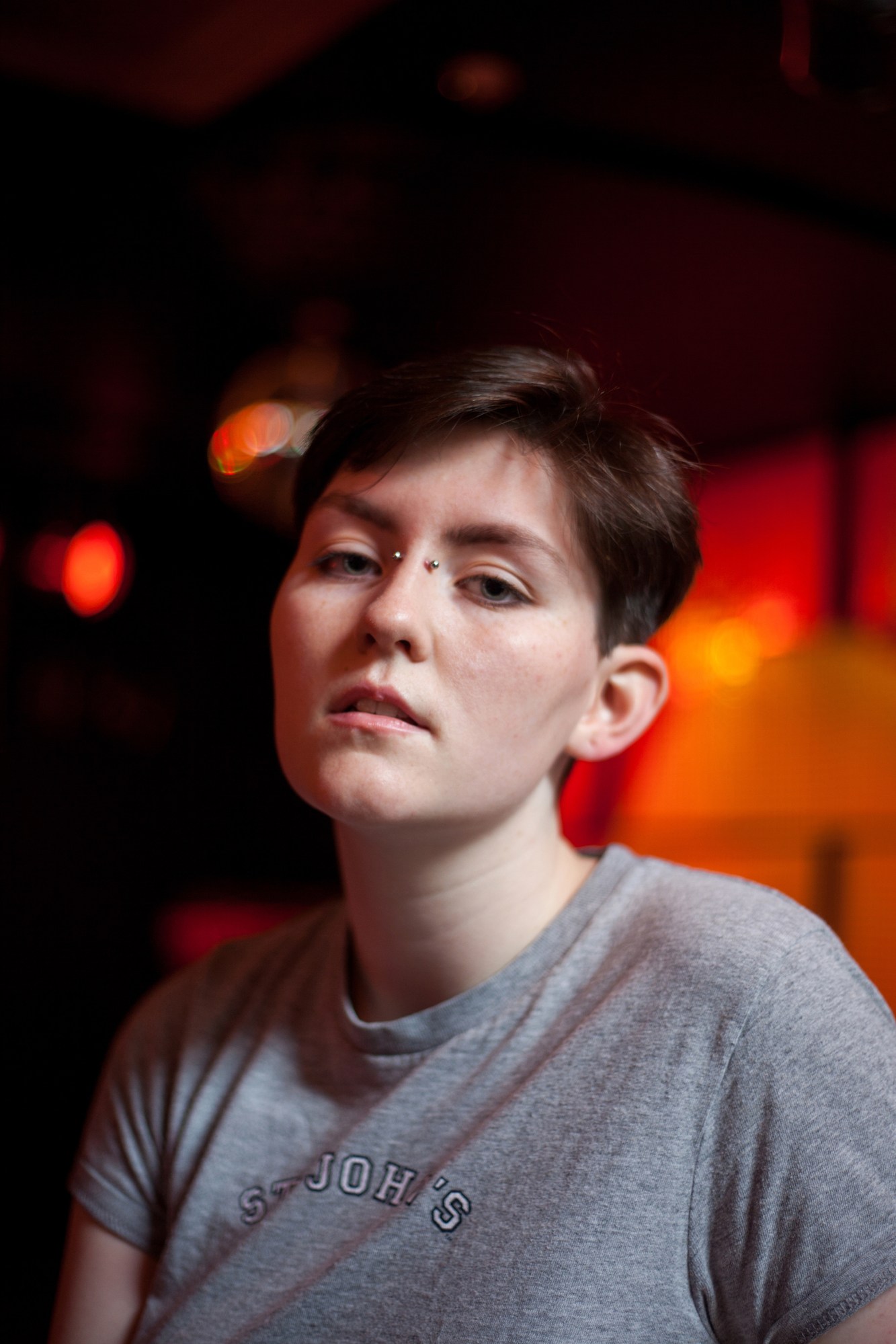
Alyssa, 19
What was it like growing up as a member of the LGBT community in Ireland?
When I was growing up, being queer wasn’t really spoken about and that made me think being gay or bi was a big deal. In reality, for my family and my friends it was no big deal at all.
How has Ireland changed since the passing of the marriage referendum?
For me the marriage referendum changed my life. Getting involved in campaigning as a 17-year-old who felt like they couldn’t make a difference and then seeing the campaign be hugely successful, was genuinely life-changing.
What can we do as young people to change Ireland for the better?
All I can say on this is: register to vote, do your research and actually get out on election day to make your voice heard.
